Agency for Legislative
Initiatives
Independent Ukrainian think-tank. Working to advance democracy and robust public institutions.
The Agency for Legislative Initiatives has been operating as a classic think tank since 2000. For more than 20 years, we have been analysing the work of the Parliament and the implementation of reforms, reinforcing public institutions and civil society.
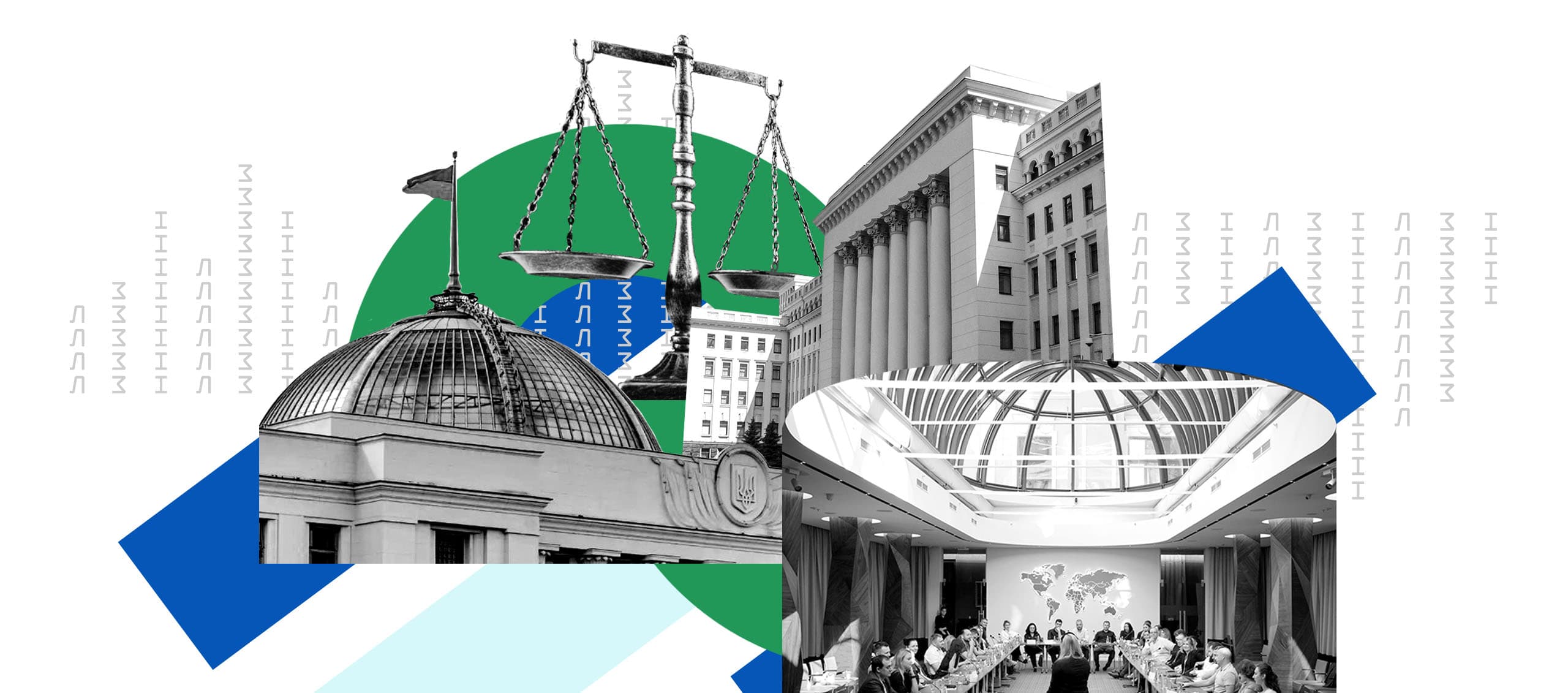
Our mission:
build a democratic country based on professional policy;
guard the public interest;
support the resilience and institutional development of key public institutions;
impact the law-making process and the formation of public policies for adopted decisions to be well-balanced and substantiated, reforms to be comprehensive and public administration to be effective.
Areas of work
Our activities are aimed at strengthening the institutional capacity of the Parliament and Government, continuing European and Euro-Atlantic integration, supporting the stabilisation and reconstruction of Ukraine to overcome the aftermaths of the Russian Federation’s aggression, monitoring and backing reforms in justice and security, political and civic awareness-raising.
Parliamentarism
We monitor the work of the Parliament as an institution. We analyse legislative initiatives. We participate in the law-drafting. We study Ukrainian parliamentary practice cases.
Good governance
We evaluate the results of reforms. We assist in developing sound public policies. We look after the European and Euro-Atlantic agenda and the fulfilment of requirements for Ukraine’s accession to the EU.
Democratisation
We analyse the political process. We monitor how well-balanced, open and transparent authorities are at various levels. We strengthen interaction between the government and society. We come up with tools for citizens’ participation.
Political education
We run trainings for MPs, civil servants and representatives of local self-governments. We create projects for civic and political awareness-raising and unite through education diverse people who share values.
The Ukrainian School of Political Studies
is a community
that embodies change
Under the auspices of the Council of Europe,
this is an educational and networking project of the Agency for Legislative Initiatives,
which aims at training and uniting leaders from various settings who share a desire to cultivate a strong state.
this is an educational and networking project of the Agency for Legislative Initiatives,
which aims at training and uniting leaders from various settings who share a desire to cultivate a strong state.
Our history
20
00
01
02
03
04
05
06
07
08
09
10
11
12
13
14
15
16
17
18
19
20
21
22
23
24

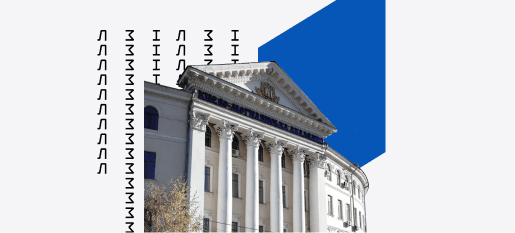
00
ALI established
On 28th April, graduates of the National University of Kyiv-Mohyla Academy founded the Agency for Legislative Initiatives, one of the first independent think tanks in Ukraine. From a small room in the Academy, we have grown into a think tank strengthening public institutions and civil society. ALI managed to implement numerous projects that contribute to democratic transformations in Ukraine – the Agency’s professionals have co-drafted lots of laws and constantly prepare impact assessments for law drafts, conduct core studies and present them at various levels.
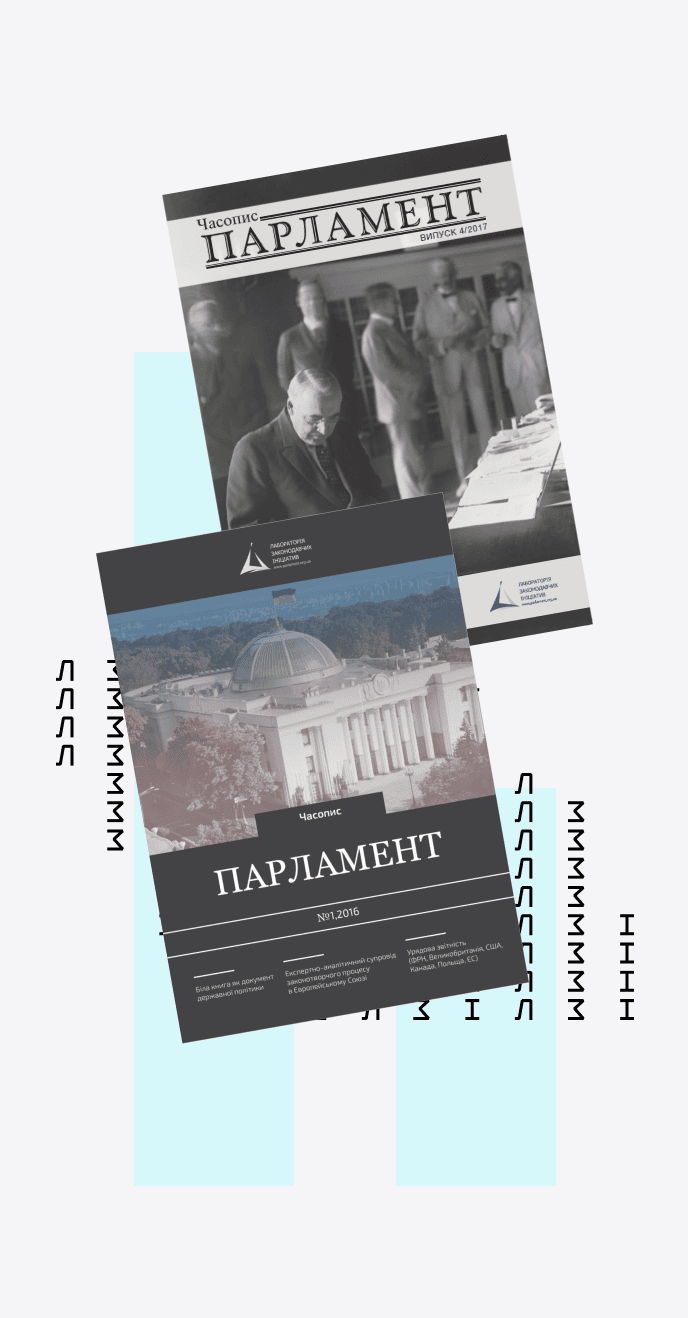
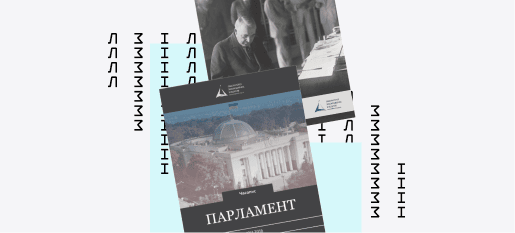
01
Parliament Journal launched
ALI started publishing the first periodical about the Ukrainian Parliament, i.e., Parliament Journal. It is devoted to various aspects and challenges of parliamentarism. In particular, the journal was the first to cover on its pages the agenda of transparency of parliamentary committees’ work and the phenomenon of ‘button pressing’. The Journals also publish studies on various aspects of law-making, highlight expert opinions on reforms in Ukraine and cover the positions of politicians, experts and civil society representatives on the current agenda of public policy.
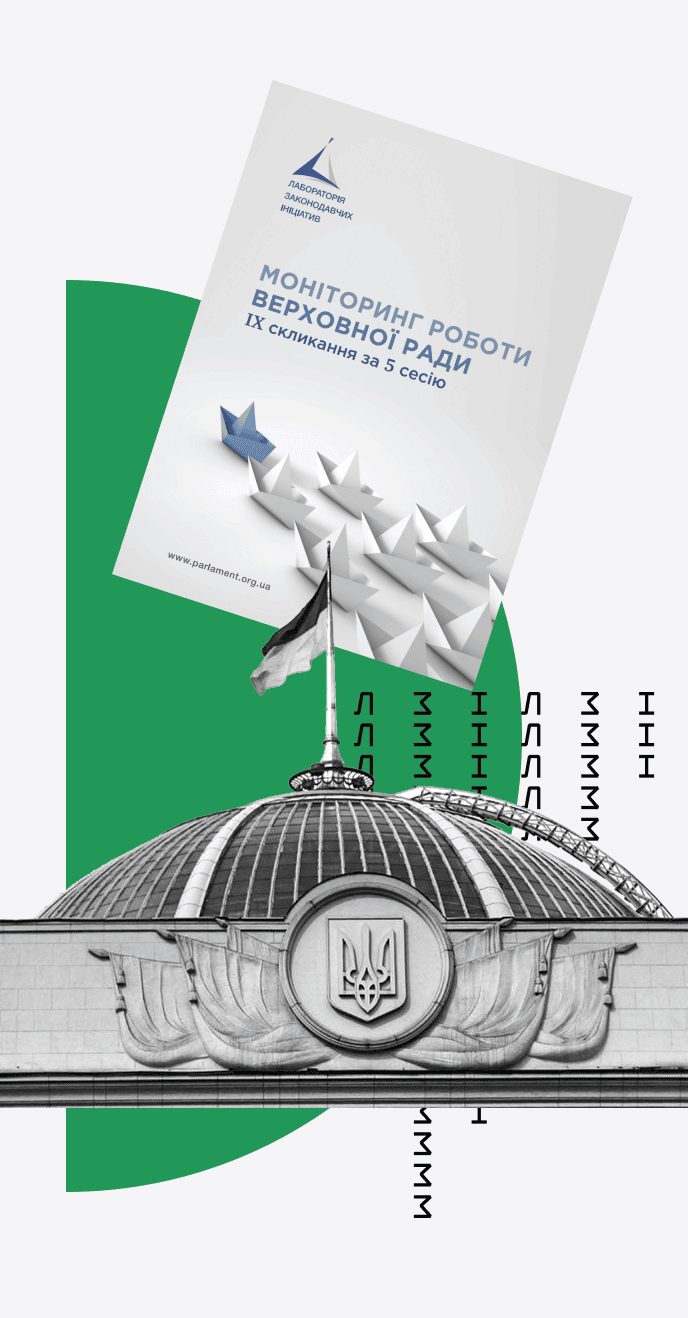
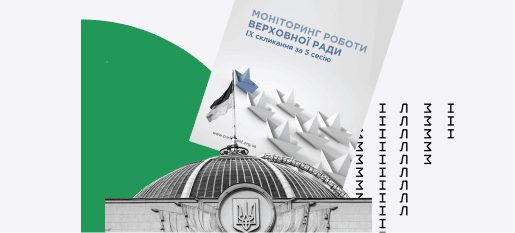
02
Voters’ Landmarks 2002 project launched
ALI started monitoring how MPs were keeping their pre-election promises. The project aimed to monitor draft laws submitted to the parliament. It addressed the implementation of pre-election programmes of parliamentary parties and blocs, and also analysed the activities of the Ukrainian Parliament. In addition, that year we started to unbiasedly analyse the parliament’s work from diverse perspectives. Over time, this area would grow into a separate edition dedicated to the monitoring of the Ukrainian Parliament’s work by sessions and convocations.
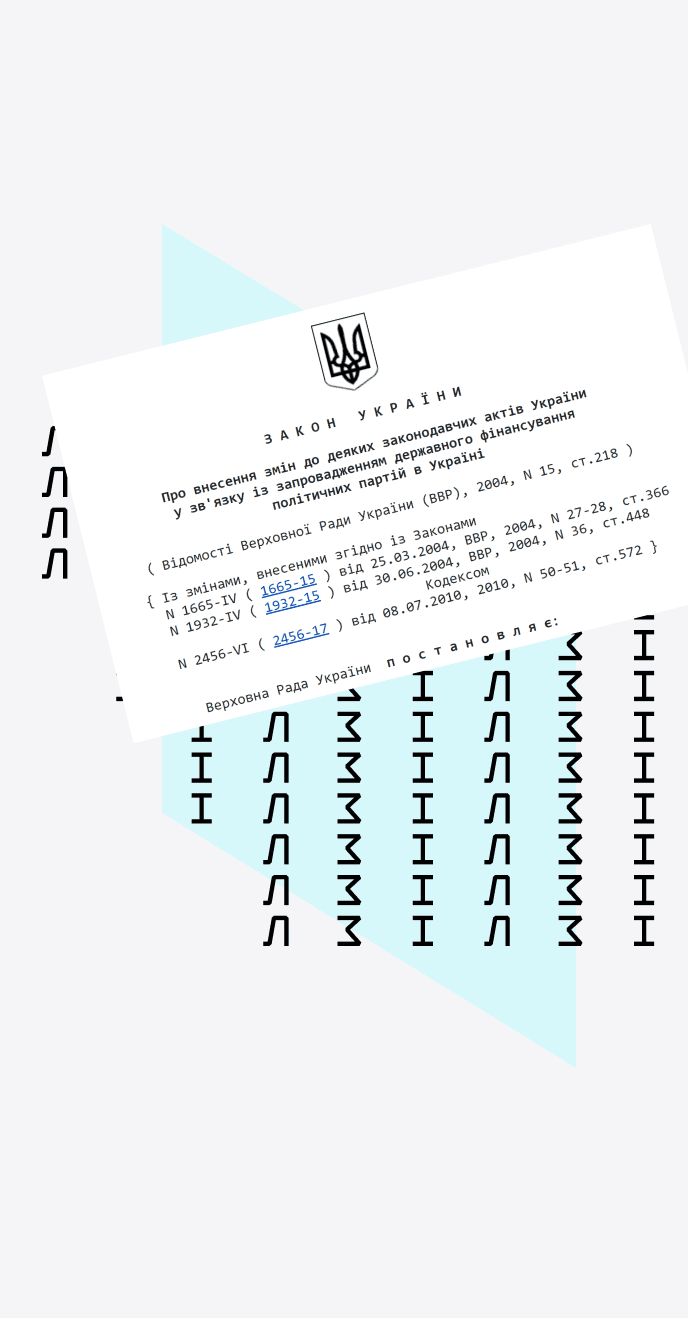
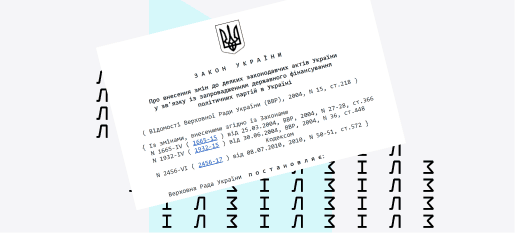
03
The law on funding of political parties developed
ALI experts authored the first Ukrainian law to introduce public funding for political parties, passed in 2004. Although this law was repealed in 2007, some of its provisions became the basis of the Law of Ukraine On Amending Certain Legislative Acts of Ukraine on Prevention and Counteraction of Political Corruption, which is currently in effect.

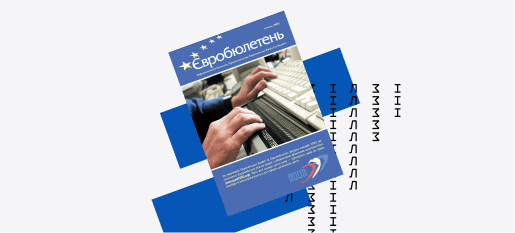
03
Eurobulletin issuing started
For ten years, starting in 2003, ALI published and distributed Eurobulletin, a monthly periodic of the Representation of the European Commission in Ukraine addressing the current agenda of the EU and the development of relations between Ukraine and the European Union.


04
Regulations for TV debates in Ukraine developed
The first televised debates of presidential candidates became a turning point in the history of Ukrainian democracy. And they took place on the basis of the Regulations On the Procedure for Pre-Election Debates by the National Television Company of Ukraine during the Ukrainian Presidential Election in 2004, developed by ALI experts.

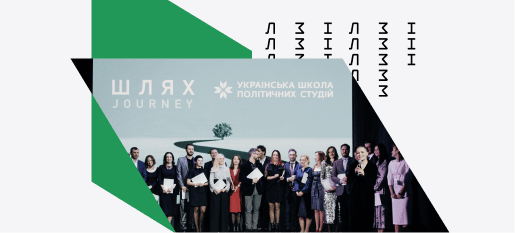
05
USPS started and advanced
USPS is the most successful educational and networking project in Ukraine, launched by ALI and the Council of Europe in 2005 as a democratic attainment of the Orange Revolution. USPS is part of the international network of the Council of Europe Schools of Political Studies. The School aims to train and bring together leaders from different backgrounds who share a desire to develop a strong democratic state. Over the years of its operation, USPS has gathered a community of over 500 leaders from various fields.

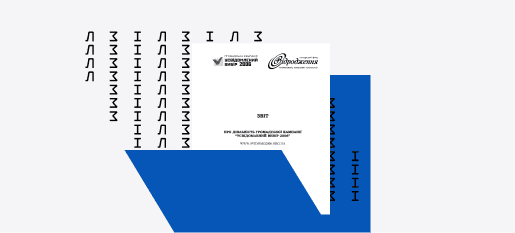
06
Conscious Choice 2006 project implemented
The Agency led a consortium of civil society organisations to help voters make rationally motivated choices in the parliamentary race. As part of the consortium’s activities, we also launched the civic campaign Conscious Choice 2006. The purpose of the campaign was to systematise, analyse and convey to citizens clear and easy-to-digest information about the positions of political forces on tackling problems in various areas: tax policy, welfare, healthcare, justice and the utility sector.

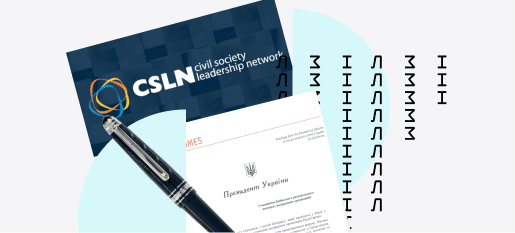
07
Congress of NGOs held and CSLN established
We organised and held the Second Regional Congress of NGOs, a large-scale event that laid a foundation for the activities of several civil society organisations in Ukraine. The work of the Congress was marked by a greeting from the then President of Ukraine, Viktor Yushchenko. In addition, with the facilitation of the Council of Europe and the European Commission, we launched the Civil Society Leadership Network, a project seeking to strengthen the civil society of Ukraine, Moldova, Azerbaijan, Armenia and Georgia. Many meetings and seminars of the Network were held for the states in Kyiv.
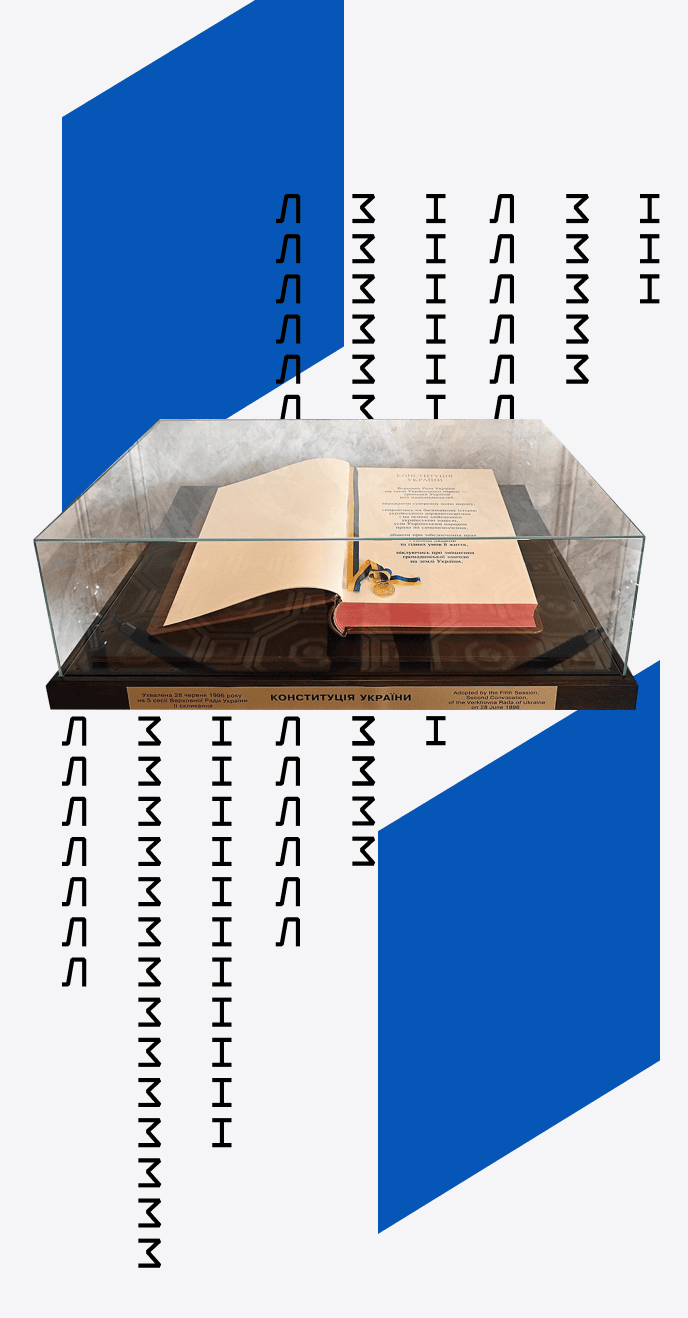
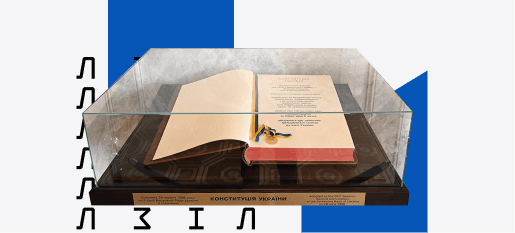
07
Series of regional constitutional forums initiated
We began holding Regional Constitutional Forums in order to define the scope of the constitutional reform and arrangements for introducing amendments to the Constitution that would give answers to the main challenges relevant at that time, correspond to general public interests and secure the consolidation of society. Based on the results, analytical papers were drawn up to cover the positions of politicians, representatives of leading think tanks, academia and foreign professionals.

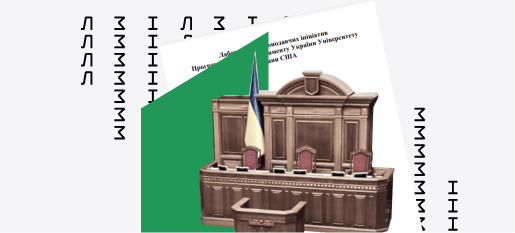
08
Green Paper of Ukrainian Parliamentarism developed
We presented the Green Paper of Ukrainian Parliamentarism, a review of the key problematic aspects of the functioning of the parliament, the work of its bodies and MPs for the purpose of improving the legal framework for the Ukrainian Parliament. The scope of MPs’ immunity, establishing robust MP-voter linkages, improving the organisation of the work of the Staff of the Ukrainian Parliament, parliamentary committees, temporary investigative boards, the Ombudsperson and the Accounting Chamber were among the main topics of this study.

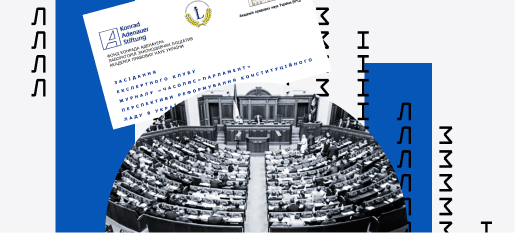
09
Parliament Journal expert club launched
Together with the Konrad Adenauer Foundation and the Academy of Legal Sciences of Ukraine, ALI held a series of events as part of the Parliament Journal expert club, dedicated to the constitutional reform in Ukraine. In addition, that year ALI prepared an analytical review Status of a Ukrainian MP: problems and ways to improve, in the context of which we started working on the Code of Ethics for MPs too.

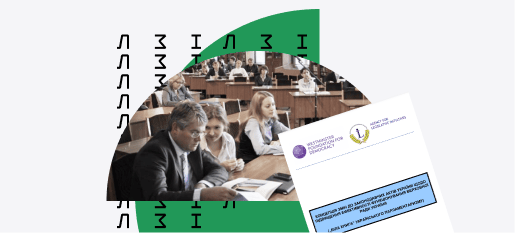
10
First White Paper of Ukrainian Parliamentarism prepared in Ukraine
ALI experts developed the first White Paper of Ukrainian Parliamentarism in Ukraine, an all-around document containing a comprehensive analysis of the challenges in the parliament’s work and suggestions on how to tackle them. The research is focused on such aspects as improving the efficiency of representative functions; improvement of the legislative process of parliamentary supervision and the general principles of organising the work of the Ukrainian Parliament; improvement of legislative norms regulating the status of Ukrainian MPs.
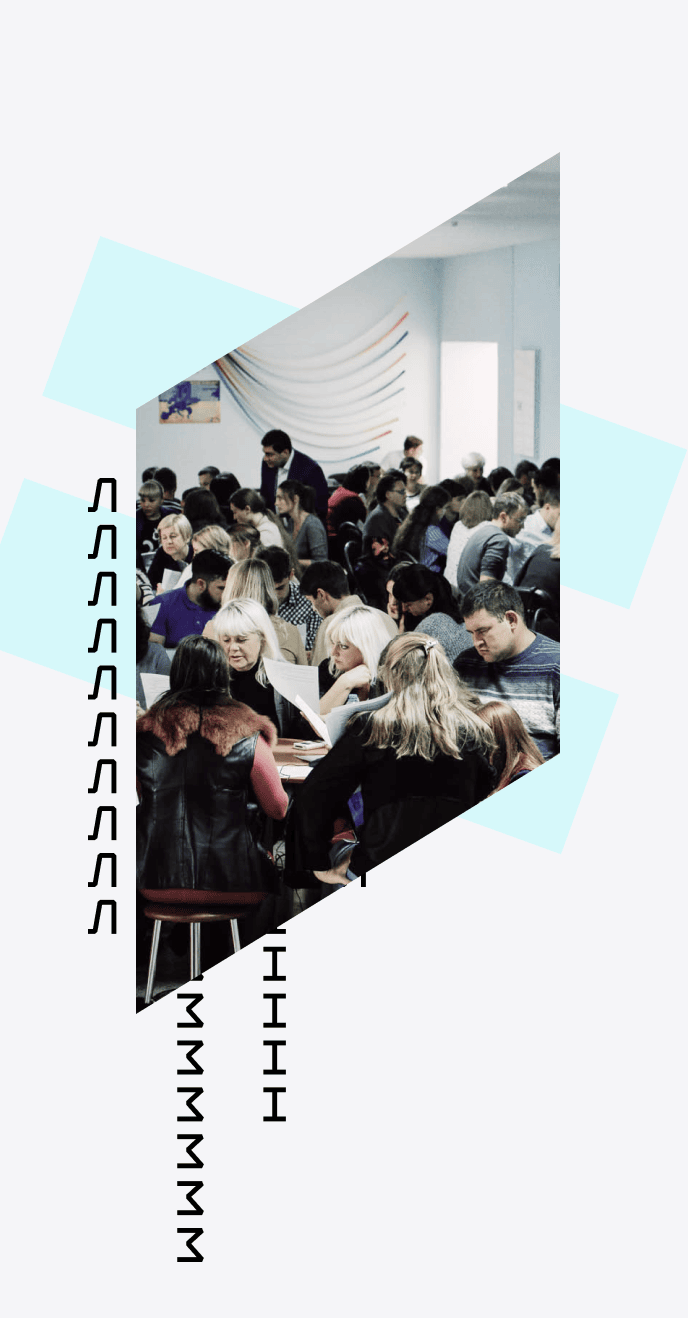
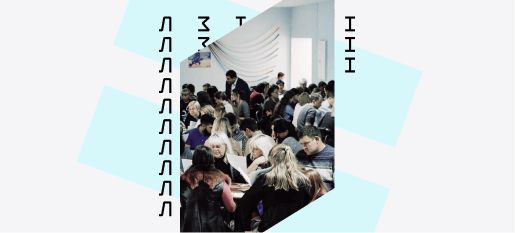
10
Practice of town hall meetings introduced in Ukraine
Since 2010, ALI began popularising a new tool for citizens’ participation in Ukraine – a town hall meeting. This is a format of urban meetings whereby a qualified discussion of issues of public interest takes place. Such gatherings seek to restore the gravitas of the public’s voice in political decision-making, so that officials responsible for making those decisions receive feedback on key societal issues directly from the public. Over the years of this practice, the Agency held over 50 such meetings in Ukrainian communities.

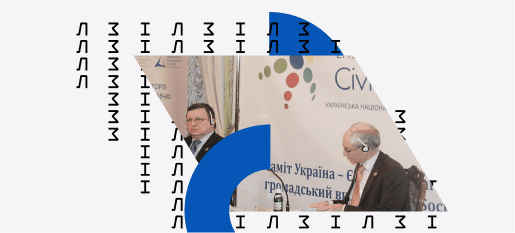
11
EU-Ukraine Summit: Public Dimension forum held
ALI organised a civil society forum, i.e., the 2011 EU-Ukraine Summit: Public Dimension. In its course, a historic event took place – a meeting of the then President of the European Council Herman Van Rompuy and the then President of the European Commission José Manuel Barroso with representatives of more than 100 Ukrainian civil society organisations, trade unions, business associations, expert institutions and think tanks.

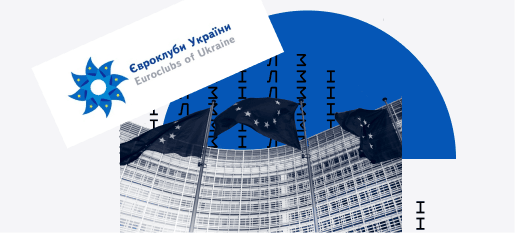
12
Development of Ukrainian Euroclubs joined
ALI supported the development of the network of Ukrainian Euroclubs, informal associations of young people that operated at secondary schools, universities, libraries, youth and children’s civil society organisations and among the working youth. Euroclubs aimed at introducing young people to European values, the history and principles of the functioning of the EU, at forming and developing an understanding of the importance of our country’s European integration.

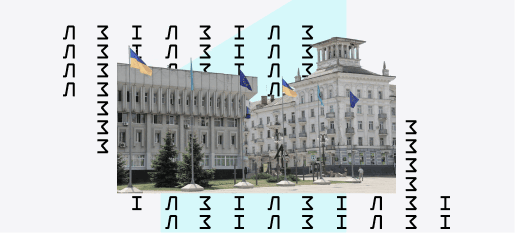
13
Symbolic project Flag of Europe launched
As a sign of support for Ukraine’s pro-European course, ALI initiated the Flag of Europe project. The idea of the project was that the European flag should be flown next to the national one in Ukrainian cities on public holidays and during international events. The project was endorsed by 16 cities and later the initiative spread across the entire country.

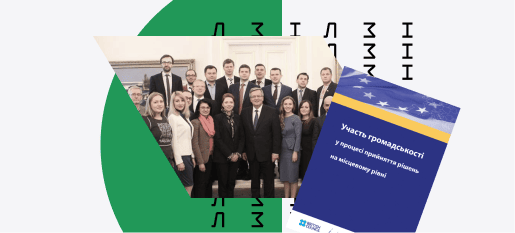
14
Matrix of forms of civil society participation developed
ALI experts developed a Matrix of forms of civil society participation, so that the public be more involved in decision-making both at the national and local levels. This Matrix became a foundation for the Council of Europe’s policy seeking to support civil society in Ukraine for the years to come. In addition, before the parliamentary election, the Agency launched a separate educational programme for MPs: The new quality of the Ukrainian Parliament: the impulse of the Maidan. First-time elected MPs with civil society and journalism backgrounds participated in it.

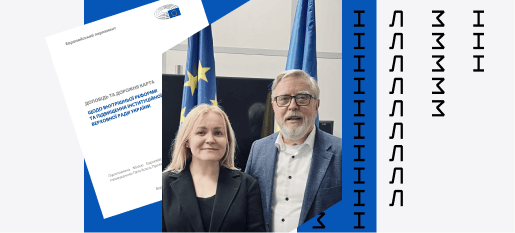
15
Large-scale changes in the work of the parliament contributed
Together with the League of Interns, in 2015, we resumed the activities of the European Information and Research Centre at the Ukrainian Parliament, which prototyped a parliamentary research service. In the same year, led be Par Cox, the Mission of the European Parliament to promote the reform of the Ukrainian Parliament began its work. ALI experts actively contributed to it. The Mission resulted in a developed roadmap with recommendations on how to institutionally strengthen the Ukrainian Parliament. ALI still support the implementation of the parliamentary reform in Ukraine and also regularly monitor its implementation.
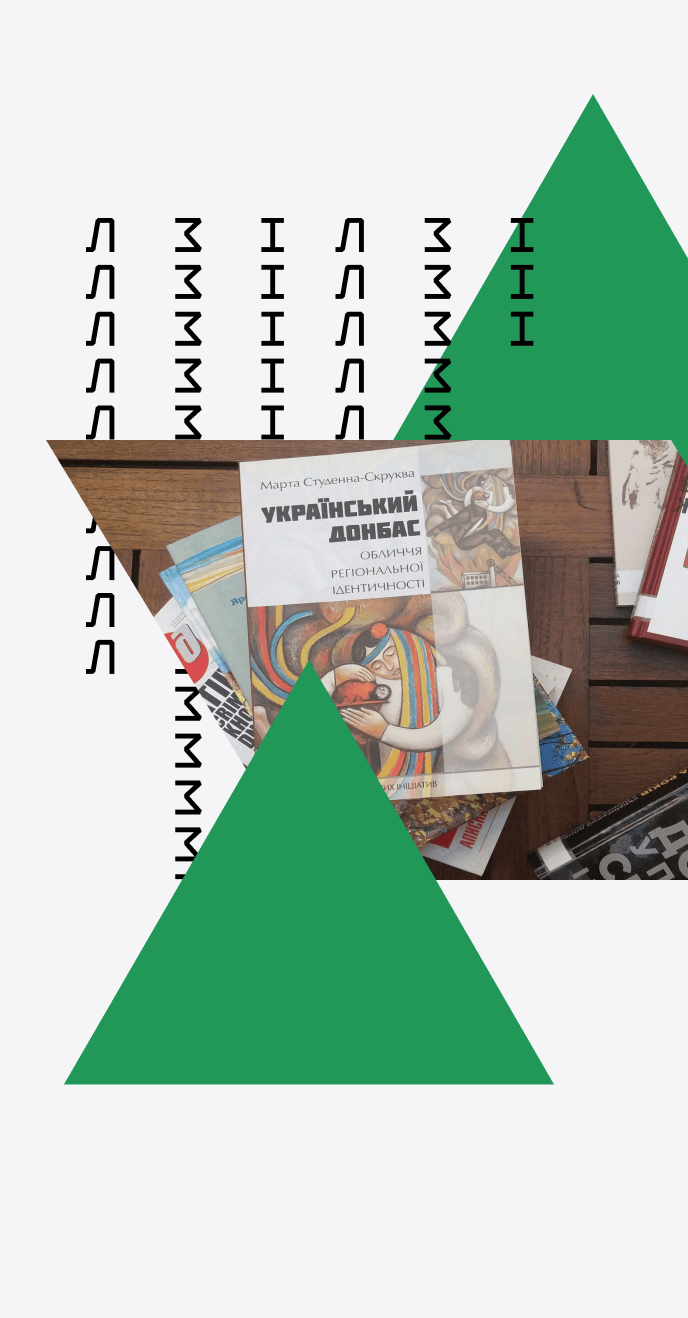
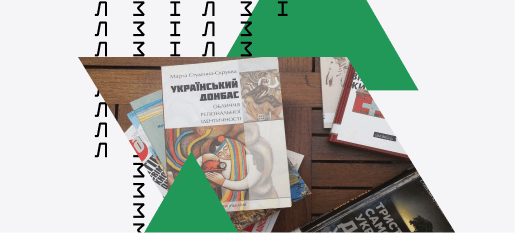
15
The book Ukrainian Donbas. The face of regional identity published
ALI translated and published the book Ukrainian Donbas. The face of regional identity, in which the author analysed many sources and explored various aspects of the region’s existence. Marta Studenna-Skrukwa’s book can be considered one of the first fruits relating to regional identity, the focus of which is Donbas.

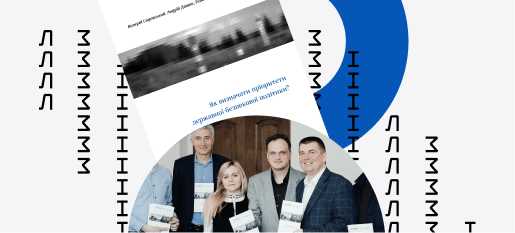
16
Practice of shadow reports popularised in Ukraine
Making avail of the experiences of developed democracies, ALI initiated and popularised the practice of preparing analytical papers in the format of shadow reports, which we presented to the relevant committees of the Ukrainian Parliament. The main purpose of shadow reports is to reinforce the supervisory function of the parliament and engage non-governmental think tanks into the monitoring and evaluation of public policy. Over 4 years, ALI experts, together with other core organisations, drew up and presented more than 10 shadow reports on multiple topics.

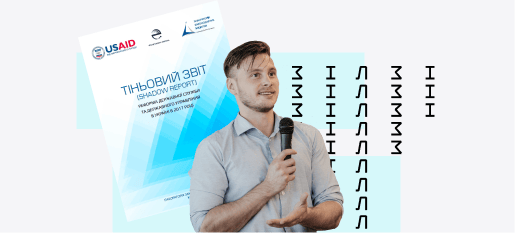
17
First report on the evaluation of the public administration reform released
ALI experts drew up the first shadow report on the reform of the civil service and public administration in Ukraine in 2017. This topic is still a focal point for ALI today. In that same year, we presented an analytical report Code of Ethics: structure, content, subjects. Realities and proposals for codification. Although the Code of Ethics has not yet been adopted, the said piece by ALI has become an important milestone in this process. Furthermore, ALI experts prepared more than 10 policy papers as analytical documents containing proposals for changes to improve public policy in various areas.

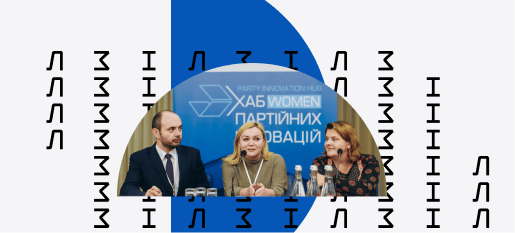
18
Party democracy in Ukraine further developed
The Party Innovation Hub, which ALI launched together with International IDEA in 2017, became a platform for the development of political parties and party democracy in Ukraine. In 2018, ALI conducted several trainings as part of the Party Innovation Hub. Some of them were meant for female politicians and public figures so that women’s participation in political life be encouraged.

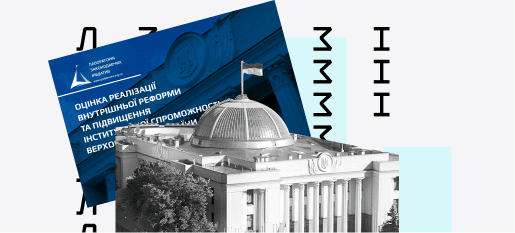
19
Implementation of the civil society development strategy analysed
ALI experts presented findings of the monitoring study on the implementation of the National Strategy for Promoting Civil Society Development in Ukraine for 2016-2020. And in partnership with the Estonian company CybExer Technologies, the training Upcoming elections: prevention of cyber risks was held for representatives of relevant departments of parties, such as communication, digital marketing, information technology and security, as well as members of parties running for the parliamentary election. Among other things in 2019, we continued to monitor the status of the parliamentary reform and came up with an assessment of its results as well as a reform agenda for the new government.

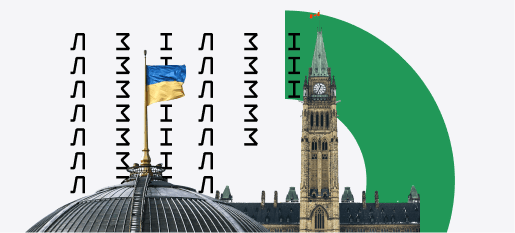
20
Cooperation between the Ukrainian and Canadian Parliaments established
We continued to develop cooperation with Canadian counterparts, which was started back in 2015. We launched the Parliament and Accountability of the Security Sector in Ukraine project, implemented by ALI in partnership with the Canadian Parliamentary Centre and with support from the Global Affairs Canada. As part of the project, we familiarised the Ukrainian Parliament with the practices and tools used in the Canadian Parliament, including the legislative impact assessment methodology, conducted trainings and established an inter-parliamentary dialogue between Ukraine and Canada.

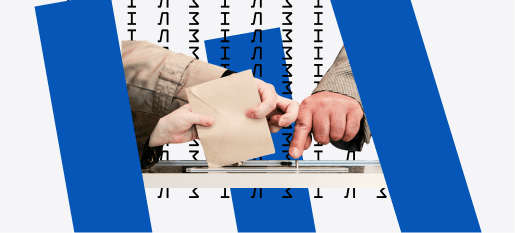
21
Drafting of the law On Local Referendums contributed
ALI experts had already come up with elaborations to improve the new core draft law On Local Referendums, which was never adopted in 2012. However, in 2021, the Agency for Legislative Initiatives joined the working group to draw up such draft law for the sake of comprehensively building democratic institutions in Ukraine.

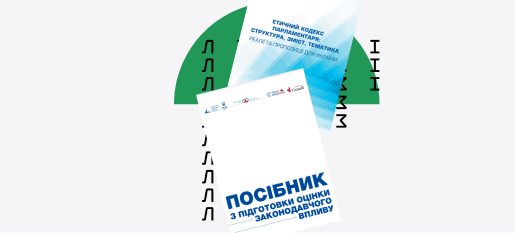
22
Draft law on the Code of Ethics for MPs co-authored
We continued to advocate for the adoption of a Code of Ethics for MPs: in 2022, ALI joined drafting the law No. 8327, which introduced such a Code with clear rules and sanctions for their violation as well as arrangements to monitor compliance. That year, we also presented a Legislative Impact Assessment Preparation Guide and released the first comprehensive study on the Ukrainian Parliament’s work at full-scale war. In addition, during 2022, ALI experts provided analytical support to the government in order for Ukraine to receive the status of a candidate for membership in the European Union.

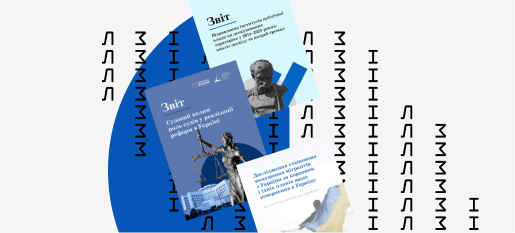
23
Analytics for post-war recovery and Ukraine’s preparation for EU membership delivered
With support from the European Union and together with other think tanks, ALI launched a project for post-war recovery and preparation of Ukraine for EU membership to help the parliament and the government address current challenges in several areas of public policy. Within its scope, ALI experts looked into the three key topics: the role of courts in the implementation of reforms in Ukraine, the experience of restoring public authorities in liberated areas and the status of forced Ukrainian migrants. During 2022-2023, ALI experts provided their analytical support.

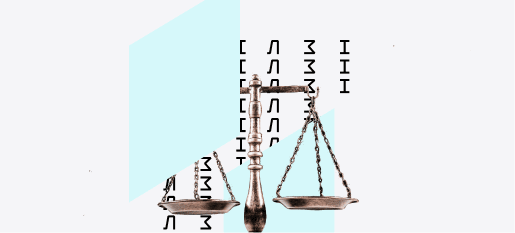
24
New area of work launched
The Agency begins to be more deeply involved in the topic of justice. Work in this area covers such activities as research and monitoring across various aspects of the judicial reform, research into the reform of prosecution service, expert support on aligning Ukrainian legislation with Acquis and NATO standards, etc. ALI presented one of the first studies on this topic back in 2023; it dealt with the role of courts in the implementation of reforms in Ukraine.